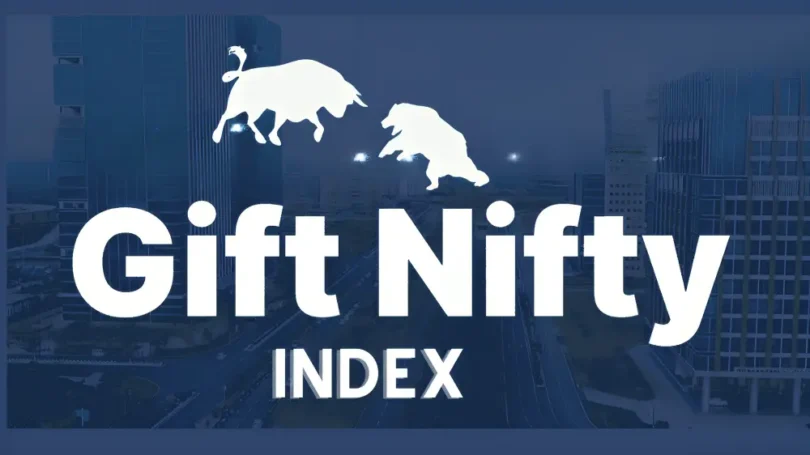A novel and fascinating idea called the Gift Nifty Index has surfaced in the ever-changing financial markets, grabbing the interest of both investors and market aficionados. In contrast to conventional indices, which are determined by market capitalization and economic fundamentals, the Gift Nifty Index offers a fresh viewpoint on investing. The purpose of this article is to examine the Gift Nifty Index’s fundamentals, history, constituent parts, and possible effects on the financial system.
About Gift Nifty Index
The National Stock Exchange of India’s (NSE) Nifty 50 Index serves as the basis for the futures contract known as GIFT NIFTY, formerly known as SGX NIFTY. It is traded on the GIFT City, Gujarat-based NSE International Exchange (India). It was traded on the Singapore Exchange (SGX) in the past.
Why was SGX Nifty moved to Gift Nifty?
Foreign investors used to frequently place bets on the Indian stock market through the SGX Nifty. It was a derivative product that let investors buy or sell contracts that forecast the index’s future price. It was based on the NSE Nifty index. On July 3, 2023, the Singapore Stock Exchange discontinued the SGX Nifty. The purpose of the action was to increase foreign investment in India and to make the Nifty derivatives market more liquid. Gift City provides a tax-free environment and a well-regulated financial market, among other benefits, to foreign investors.
Benefits of Trading Gift Nifty Index Futures:
- USD-settled, lowering exchange risk
- The trading window of twenty-one hours gives traders flexibility.
- International investors can access the contract denominated in USD.
- The Indian market is becoming more liquid as more investors become familiar with it.
Differences Between SGX Nifty and Gift Nifty?
The primary distinction between the two is that the SGX Nifty is traded on the Singapore Stock Exchange, whereas the Gift Nifty is traded on the NSE IX. This indicates that SGX Nifty was governed by Singaporean regulations, but Gift Nifty is subject to Indian regulations. Gift Nifty and SGX Nifty have different trading hours. This is another difference. SGX Nifty was traded for sixteen hours a day, whereas Gift Nifty was traded for twenty-one hours.
Differences Between Nifty 50 and Gift Nifty?
The primary distinction between Nifty and Gift Nifty is that the former is traded in Indian rupees, while the latter is traded in US dollars. This facilitates trading in Gift Nifty for overseas investors. There are no other significant distinctions between Gift Nifty and Nifty save the trading currency and trading hours. There is a strong correlation between the values of Gift Nifty and Nifty, and they typically move in the same direction.
What are the Trading Hours for Gift Nifty Index?
- Morning session: 6:30 AM to 3:40 PM IST
- Evening session: 4:35 PM to 2:45 AM (Next day) IST
How can I trade the Gift Nifty Index?
By becoming a member of NSE IX, any trading member—whether domestic or foreign, registered or unregistered—who establishes an office through a subsidiary or branch model is qualified to trade Gift Nifty goods. Over fifty brokers currently reside in the Gift City and have opened offices there. Both their accounts and the accounts of their clients may be transacted by these trading participants. However, under the Liberalized Remittance Scheme (LRS), individual Indian investors will not have access to the Gift Nifty. The RBI prohibits leveraged traders from using the $250,000 per person annually for futures and options, according to LRS.
FAQ’s
Q1. In what way is Nifty 50 related to Gift Nifty?
The National Stock Exchange of India’s (NSE) Nifty 50 Index serves as the basis for the futures contract known as GIFT NIFTY.
Q2. How is GIFT Nifty used by traders?
To predict whether the Indian market will open with a gap up or down, many traders track the movement of the Gift Nifty. However, given that both trade differently on various exchanges, several traders also advise against relying solely on GIFT NIFTY to predict NIFTY 50.
Q3. When does the Indian GIFT Nifty Index open?
At Gift Nifty, trading will take place twice a day: from 6.30 am to 3.40 pm on the first day, and from 4.35 pm to 2.45 am on the second day.








Leave a Comment